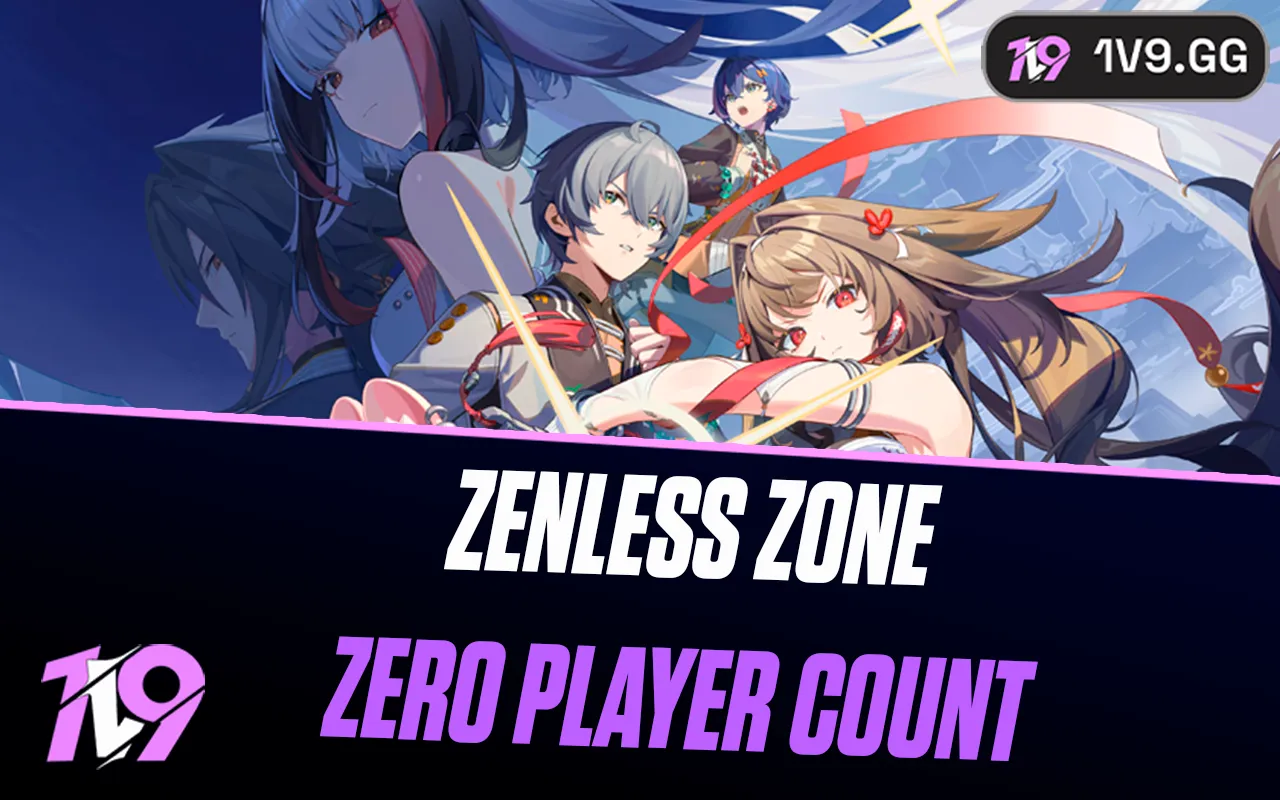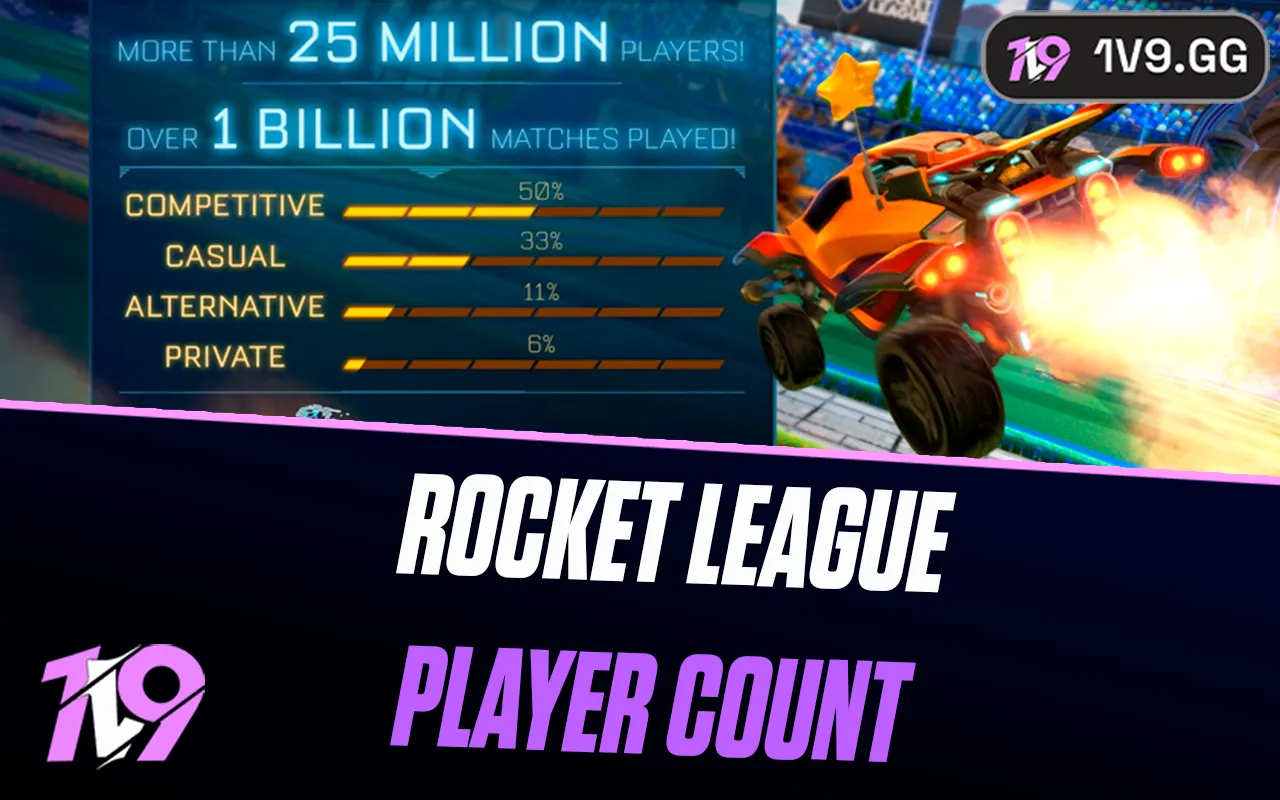- Home
Games
 League of Legends
League of Legends Valorant
Valorant-a6d5b3e156bb.webp) Fortnite
Fortnite Call of Duty
Call of Duty Clash of Clans
Clash of Clans GTA 5
GTA 5 Counter-Strike 2
Counter-Strike 2 Roblox
Roblox Rainbow Six Siege
Rainbow Six Siege Clash Royale
Clash Royale Minecraft
Minecraft Dota 2
Dota 2 Rocket League
Rocket League Genshin Impact
Genshin Impact Squad Busters
Squad Busters Rust
Rust Apex Legends
Apex Legends Pokemon Go
Pokemon Go XDefiant
XDefiant Hay Day
Hay Day LoL: Wild Rift
LoL: Wild Rift Diablo 4
Diablo 4 World of Warcraft
World of Warcraft Destiny 2
Destiny 2 FC 25
FC 25 Marvel Rivals
Marvel Rivals-9ede9dc6b01b.webp) PUBG Mobile
PUBG Mobile The Finals
The Finals Deadlock
Deadlock Forza Horizon 5
Forza Horizon 5 Growtopia
Growtopia Honkai: Star Rail
Honkai: Star Rail 8 Ball Pool
8 Ball Pool Warframe
Warframe Zenless Zone Zero
Zenless Zone Zero Runescape 3
Runescape 3 Path of Exile
Path of Exile Raid: Shadow Legends
Raid: Shadow Legends Lost Ark
Lost Ark WoW: Classic Era
WoW: Classic Era Summoners War
Summoners War WoW: Season of Discovery
WoW: Season of Discovery WoW Cataclysm
WoW Cataclysm WoW: Hardcore
WoW: Hardcore Throne and Liberty
Throne and Liberty New World
New World Mobile Legends
Mobile Legends Escape From Tarkov
Escape From Tarkov Path of Exile 2
Path of Exile 2 Blade Ball
Blade Ball Fisch
Fisch Pet Simulator 99
Pet Simulator 99 Pets Go
Pets Go-d8bcef7708c7.webp) One Piece Bounty
One Piece Bounty Anime Adventures
Anime Adventures Blox Fruits
Blox Fruits Adopt Me
Adopt Me Murder Mystery 2
Murder Mystery 2 Fragpunk
Fragpunk Wuthering Waves
Wuthering Waves Free Fire
Free Fire Teamfight Tactics
Teamfight Tactics Albion Online
Albion Online Black Desert Online
Black Desert Online Honor of Kings
Honor of Kings Brawl Stars
Brawl Stars Arena of Valor
Arena of Valor Call of Duty: Mobile
Call of Duty: Mobile Rematch
Rematch Steal a Brainrot
Steal a Brainrot Grow a Garden
Grow a Garden FC 26
FC 26 Plants vs Brainrots
Plants vs Brainrots Old School Runescape
Old School Runescape Overwatch
Overwatch Battlefield
Battlefield Arc Raiders
Arc Raiders Dragon Ball Legends
Dragon Ball Legends Fallout 76
Fallout 76 Jailbreak
Jailbreak Type Soul
Type Soul GPO
GPO DonutSMP
DonutSMP Escape Tsunami For Brainrots
Escape Tsunami For Brainrots Watcher of Realms
Watcher of Realms Roblox Rivals
Roblox Rivals- Lootboxes
- Become Affiliate
- Blog
- Contact Us
- Sign In

MMR in League of Legends: How It Works and How to Increase It
WHAT IS MY MMR? – HOW MMR WORKS IN LEAGUE OF LEGENDS
Matchmaking Rating, commonly abbreviated as MMR, is a hidden value in "League of Legends" that determines who you play against in ranked games. While your rank (Bronze, Silver, Gold, etc.) provides a general indication of your skill level, your MMR is a more accurate measure of your current performance.
How MMR Works
1: Hidden Score: Unlike your LP (League Points) and your tier/division, MMR isn't visible to you or other players. It's an internal value used by Riot Games' matchmaking system.
2: Matchmaking: When you queue for a game, the system tries to find players with similar MMR values to ensure fair matches.
3: Influence on LP Gain and Loss: The difference between your MMR and the average MMR of your rank influences your LP gains and losses. If your MMR is higher than expected for your rank, you'll gain more LP for a win and lose less for a defeat. Conversely, if your MMR is lower, you'll gain less LP and lose more.
Why MMR Matters
While achieving a higher rank and division is rewarding, it's your MMR that genuinely reflects your skill and determines your opponents. A higher MMR means you're more likely to face and be teamed with higher-skilled players.
How to Increase Your MMR
1: Consistent Winning Streaks: The most straightforward way to increase MMR is by winning games, especially against opponents with a higher MMR.
2: Play With and Against Better Players: If you're consistently matched with and against players of a higher rank, your MMR will adjust upwards to reflect this over time.
3: Limit Losses: While this sounds obvious, minimizing losing streaks can prevent your MMR from dropping rapidly. Take breaks if you're on a losing streak to avoid tilting and making rash decisions.
4: Improving Your Gameplay: Ultimately, MMR reflects skill. Regularly reviewing and analyzing your games, learning from higher-ranked players, and adapting to the meta can increase your overall performance.
5: Stay Updated: The game continually evolves. New patches can change the meta, buff or nerf champions, and introduce new game mechanics. Staying updated ensures you're always playing at your best.
How to Reset your MMR?
1: Seasonal Resets: Many competitive games have seasons, and at the beginning of a new season, there's often a soft reset. This means that your MMR is slightly adjusted towards the average, but not entirely reset. You'll then play placement matches to determine your starting rank for the new season.
2: Decay: In some games, if you don't play ranked matches for an extended period, your rank (and sometimes MMR) might decay. However, decay mechanisms vary between games, and in many games, MMR decay isn't a feature.
3: New Account: This is the most drastic measure. If you truly want to start from scratch, creating a new game account will have you start from the base MMR. You can also purchase a fresh level 30 account, allowing you to dive straight into ranked without spending time leveling up
4: Improving Your Gameplay: If you feel your MMR doesn't represent your current skill, the most legitimate way to change it is to improve your gameplay. Over time, consistently winning against players of higher MMR will raise your own MMR.
Conclusion
MMR in "League of Legends" is more than just a hidden number. It's a reflection of your current skill and performance in the game. By focusing on improvement, adapting to changes, and maintaining a positive win rate, you can steadily increase your MMR and climb the ranks. Whether you're aiming for Gold, Platinum, or even Challenger, understanding and optimizing your MMR is crucial to your journey.
Posted On: September 12th, 2023
Recent Articles
💬 Need help?
Our 1v9 support team is available 24/7 to help you with any questions or issues you may have.
support@1v9.gg
Loading...
1v9.gg is not endorsed or affiliated by any game developers or publishers.
2025 1v9, All Rights Reserved, Created By NightDev






